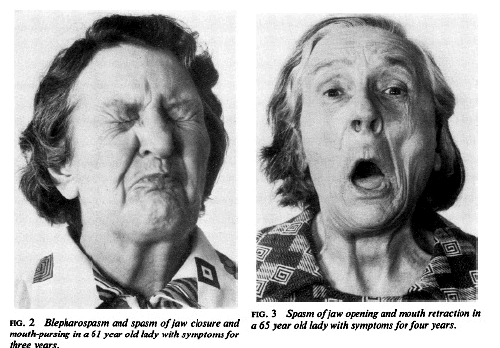Yes, opioids are the biggest problem in workers’ compensation. Not just work comp medical, but in the entire work comp industry.
Opioids kill patients, prolong and intensify disability, ruin families, run up huge costs, and lead to myriad other problems. But opioids are far from the only problematic drug class in our tiny little world
No, we have gabapentin, Soma, and anxiolytics. But today we’re going to focus on anti-psychotics – yet another mis-used medication that is causing harm to work comp patients.
Reportedly some prescribers are writing scripts for these drugs as an alternative to opioids or other pain medications; they aren’t required to check PDMP databases or otherwise deal with opioid-related issues when prescribing anti-psychotics. This lower “hassle-factor” may drive increased use of these medications as opioid-related prescribing legislation becomes more common in more states.
As with opioids, a big issue is the side effects…in this case, tardive dyskinesia.
TD is a disorder that results in involuntary, repetitive body movements.vThis may include grimacing, sticking out the tongue, or smacking of the lips. Additionally there may be rapid jerking movements or slow writhing movements.[1] In about 20% of people decreased functioning results.
Tardive dyskinesia occurs in some people as a result of long-term use of neuroleptic medications (antipsychotics, metoclopramide).[1][2] These medications are usually used for mental illness…older neuroleptics [drugs]…are associated with high risk for tardive dyskinesia. (emphasis added)
The photos above are the least disturbing I could quickly locate; suffice it to say that TD is pretty horrible. One of TD’s causes is long-term usage of antipsychotics – which, believe it or not, are becoming more prevalent in workers compensation. A close friend who runs the pharmacy program for a top ten insurer told me prescriptions for these drugs are becoming increasingly common – and he’s now seeing scripts for drugs to treat their chief side effect – TD.
The good news is there’s now treatment for TD. The bad news is the cost – between $125 and $150 a DAY for Ingrezza – that’s $60,000 annually. Forever.
What does this mean for you?
unintended consequences can be horrific.




Well Said, Thanks for sharing such a nice post. one more thing, Really its a very good news that treatment for TD is Now Available.